Open internet and inclusive technology
Filter resources
-
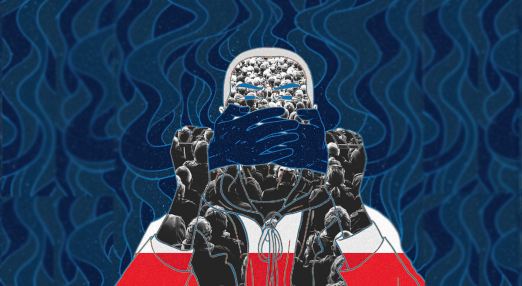
Polish law on “protecting the freedoms of social media users” will do exactly the opposite
EDRi member Panoptykon Foundation carefully analyses the Polish law on “the protection of freedoms of social media users” which turns out to introduce data retention, a new, questionable definition of “unlawful content”, and an oversight body that is likely to be politically compromised.
Read more
-
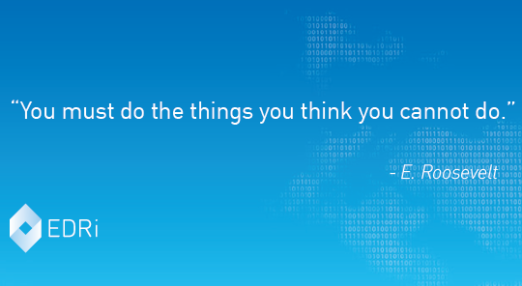
2021: Important consultations for your Digital Rights!
Public consultations are an opportunity to influence future legislation at an early stage, in the European Union and beyond. They are your opportunity to help shaping a brighter future for digital rights, such as your right to a private life, data protection, or your freedom of opinion and expression.
Read more
-
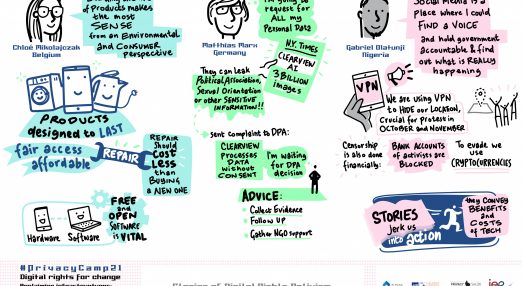
What went down at #PrivacyCamp21?
EDRi’s annual flagship event Privacy Camp took place yesterday, on 26 January, for the first time online. We hope many of you were able to attend and that you found the event just as inspirational as the in-person experience.
Read more
-

La Quadrature du Net asks for renewed support to challenge TERREG in France
In light of the European Parliament's vote on the Regulation to prevent the dissemination of said “terrorist content”, EDRi observer La Quadrature du Net (LQDN) sheds light on some of the most concerning provisions which have to be addressed before the final adoption of the regulation.
Read more
-

EDRi-gram, 27 January 2021
We hope many of you were able to join us at Privacy Camp 2021 yesterday which brought together 245 academics, activists and privacy experts from across the world. Stay tuned for the key takeaways. In this edition of the EDRi-gram we showcase the mobilisation efforts and victories so far from the #ReclaimYourFace campaign, share Privacy International's research on political ads and much more.
Read more
-
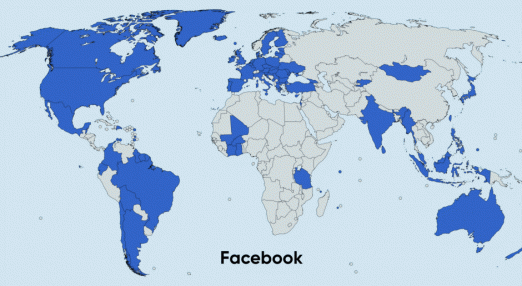
Online political ads – a study of inequality in transparency standards
In its new report, EDRi member PI looks into the implementation of transparency tools by Facebook, Google and Twitter in relation to political advertising. This work was produced in collaboration with partner organisations InternetLab and ELSAM.
Read more
-
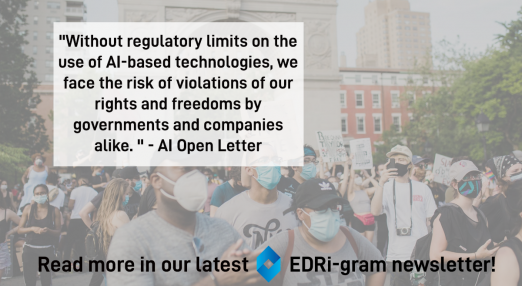
EDRi-gram, 13 January 2021
How can digital rights best contribute to reclaiming infrastructures, and how can reclaimed infrastructures sustain democratic practices, for a fair, people-centered, digital future in the EU? Join us at Privacy Camp 2021 to find out: https://privacycamp.eu/
Read more
-
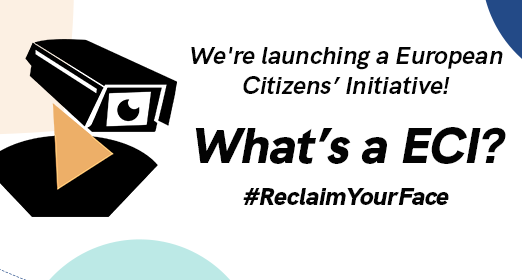
Looking for a New Years’ Resolution? #ReclaimYourFace with our citizens’ initiative!
Since its launch just 2 months ago, the Reclaim Your Face campaign to ban biometric mass surveillance has gone from strength to strength. Already 23 organisations have joined the coalition, and almost 13,000 people have joined the movement – and this is only the beginning.
Read more
-

Press release: EDRi network launches public initiative against biometric mass surveillance
On 7 January, the European Commission registered a new European Citizens’ Initiative (ECI), the ‘Civil society initiative for a ban on biometric mass surveillance practices’.
Read more
-

The EU’s attempt to regulate Big Tech: What it brings and what is missing
This week, the European Commission has proposed two long-awaited pieces of digital legislation, the Digital Services Act and the Digital Markets Act. Despite a number of good provisions, there are also major shortcomings which must be addressed to guarantee the protection of digital rights.
Read more
-

‘A for effort’: European Commission DSA/DMA proposal falls short of the systemic change needed to rein in Big Tech power
The Commission’s proposal is an important step but falls short of putting forward an ambitious plan to break free from the centralised platform economy that defines people’s online experiences today.
Read more
-

Statement: civil society challenges EU plans to expand biometric mass surveillance
On 9 December, the European Commission presented its new Security Union package, composed of the Counter-Terrorism Agenda and a proposal to strengthen the mandate of Europol. Originally intended for next year, the release of the Counter-Terrorism was accelerated due to recent attacks in France and Austria. When it comes to protecting fundamental rights from intrusive biometric surveillance, the proposals fall seriously short.
Read more
